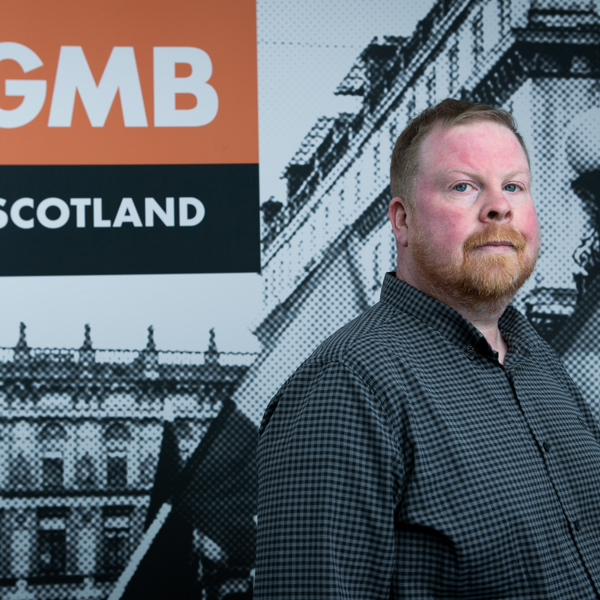Threat of solicitor strike pushes Scotland's legal aid crisis to the precipice


Solicitors staffing a 24-hour legal aid hotline advising Scots in custody are threatening to strike.
Lawyers from the Scottish Legal Aid Board's (SLAB) Solicitor Contact Line "overwhelmingly" backed industrial action, the GMB Union has announced, after they say management implemented 12-hour shifts and solo working.
It is understood the 16-member team at the hotline - as first reported in The Scotsman - voted in favour of industrial action to reverse these changes which they say put staff under unprecedented pressure.
The Solicitor Contact Line, previously staffed by two solicitors, responds to calls from officers requesting legal representation for suspects held at police stations.
Private firms are contacted, but if they are unable or unwilling to send a solicitor, one of the SLAB solicitors would travel and represent the suspect in person.
A SLAB spokesperson says the organisation has received no formal notice from the GMB Union.
Nevertheless, the union says 80 per cent of staff backed the action and members are no calling for urgent talks with bosses. A letter has also been submitted to justice secretary Angela Constance.
The news comes just days after the Law Society of Scotland and the Scottish Association of Law Centres wrote a joint letter to the parliamentary committee investigating civil legal aid provision in Scotland urging a change to fees in that field.
John McCartney, GMB Scotland organiser in Slab, said: “Our members are qualified solicitors working around the clock to ensure anyone arrested gets the legal representation they are entitled to.
“Their work is an essential protection for the legal rights of every Scot and the foundation of our criminal justice system.
“Their work is stressful, challenging and underpins our justice system. It is unreasonable to expect a single solicitor to sustain national coverage over a 12-hour shift.
“These are dangerous changes introduced for no good reason and must be reviewed then reversed.”
McCartney said the changes — which include reducing the number of solicitors taking calls to one — have piled pressure on staff: “There is no operational justification for these changes and there is no evidence of cost savings.
“Managers took this decision despite concerns and imposed it with no consideration of the impact it will have on staff and, more widely, fair access to justice in Scotland’s legal system.
“The clear determination of staff to reverse this decision is no surprise and demands urgent action.”
A spokesperson for the Scottish Legal Aid Board said: “We have received no formal notification from the GMB Union that their members employed on the Solicitor Contact Line intend to take strike action and have contacted GMB officials to seek clarification.
“Based on analysis of staff utilisation and patterns of demand for our 24/7 telephone advice service, some solo homeworking shifts were incorporated into the SCL rota at the start of this year. Subsequent ongoing staffing issues have resulted in a number of additional ad-hoc solo shifts since April.
“We are continuing to monitor utilisation rates and call volumes to ensure staffing levels are appropriate and there is no impact on service users. To date these have not shown any cause for concern and we are keeping this under review.
“Our approach to discussions with the GMB has been collaborative and consultative and we would hope clarification from officials will enable us to find a solution to this situation.”
Last week, both the Law Society of Scotland and the Scottish Association of Law Centres jointly wrote to the Scottish Parliament's Equalities, Human Rights and Civil Justice Committee stressing that an urgent uplift in fees must be prioritised.
The letter, signed by Law Society President, Pat Thom and Scottish Association of Law Centres Secretary, Aaliya Seyal, states: “Any changes made to system need to be led with greater support for legal aid solicitors. Specifically, an across-the-board increase in legal aid fees.
“Not providing this support will only add greater pressure to an already strained system. We are keen to emphasise that this requirement for an uplift in fees is not about drawing comparisons with private practice, this is about access to justice – a fundamental human right.
“There is an opportunity here for the Committee to recognise the professionalism of those who cater for people in Scotland who need, but cannot afford, legal representation; and signal the trust and support legal aid solicitors require so they may continue the integral role that they play in ensuring Scotland’s legal system works.”








